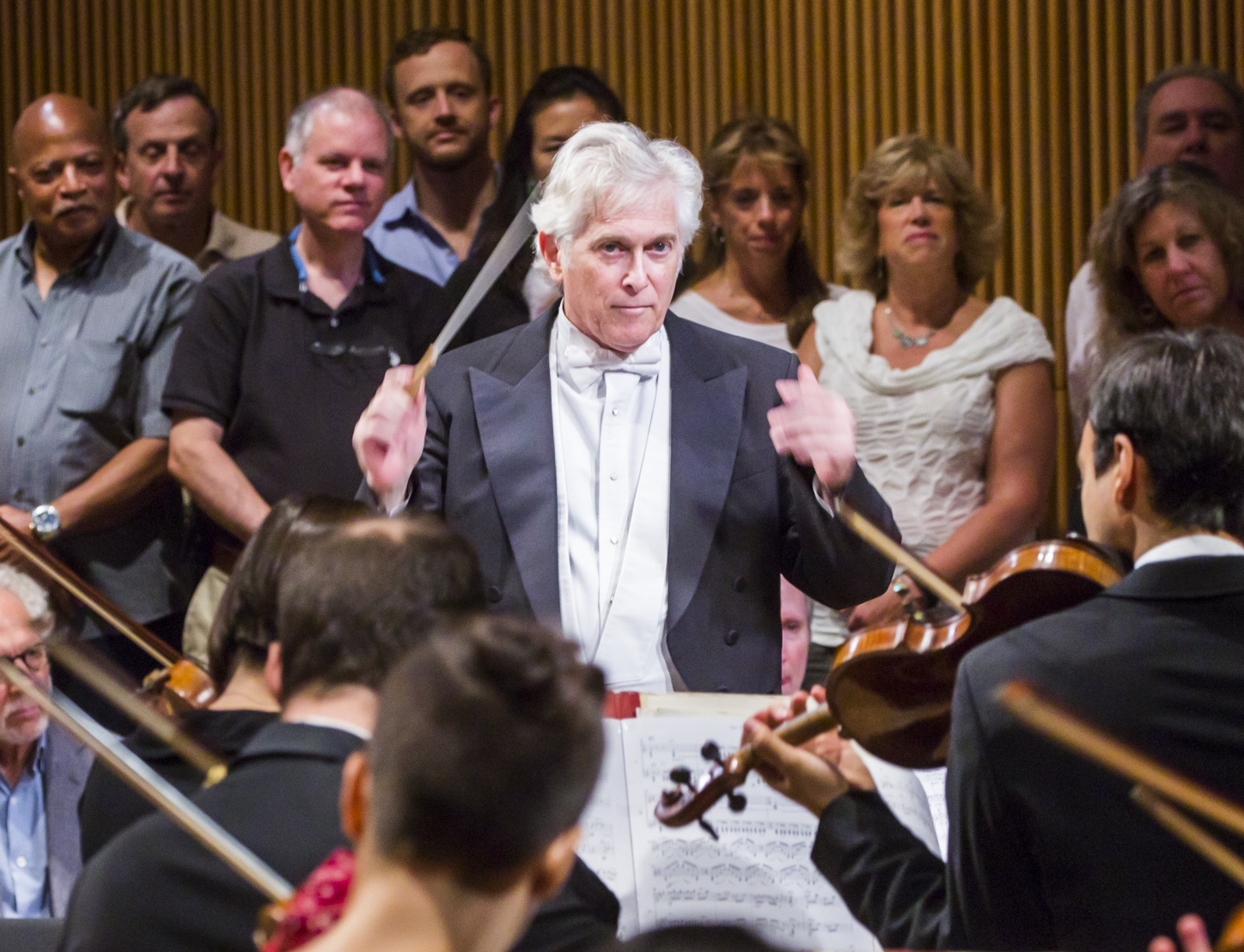No products in the cart.


Bill George witnessed a lot of change during his many decades in the ground transportation industry—he’s owned cab companies since 1984. But now, George is the one driving the change.
From the printing press to the iPod to Reese’s peanut butter cups, some of the best “new” inventions combine already-existing products or ideas. And that’s just what George did. He capitalized on shifting consumer expectations by combining the best taxi service model with the best technology. The result? A new hybrid brand of on-demand transportation called zTrip.
It would be an understatement to say George has ridden it to success. The “new face of taxi,” zTrip is now the country’s largest private passenger ground transportation company, operating in cities across the U.S. as well as through affiliates worldwide.
On the latest episode of my Talking Business Now podcast, George shares how his father encouraged him to bring new ideas to the table as they worked together—although George admits it sometimes led to some “knock-down-drag-out fights.”
He also draws on the lessons he learned from selling two businesses—and then buying one of them back. “There’s buyers and there’s sellers,” he said. “And as a seller, my advice to every entrepreneur is get enough money to happily walk away, because there’s a good chance you won’t be happy when someone else takes over this thing you’ve created.”
Although George’s innovations have disrupted the on-demand transportation industry, he’s built his company on solid, proven business principles. Tune in for George’s insights on:
- Leveraging the disruption your competitors create.
- How to carve out a niche and define customers.
- Working with family—including the thunder, wonder and blunder theory of multi-generational family businesses.




